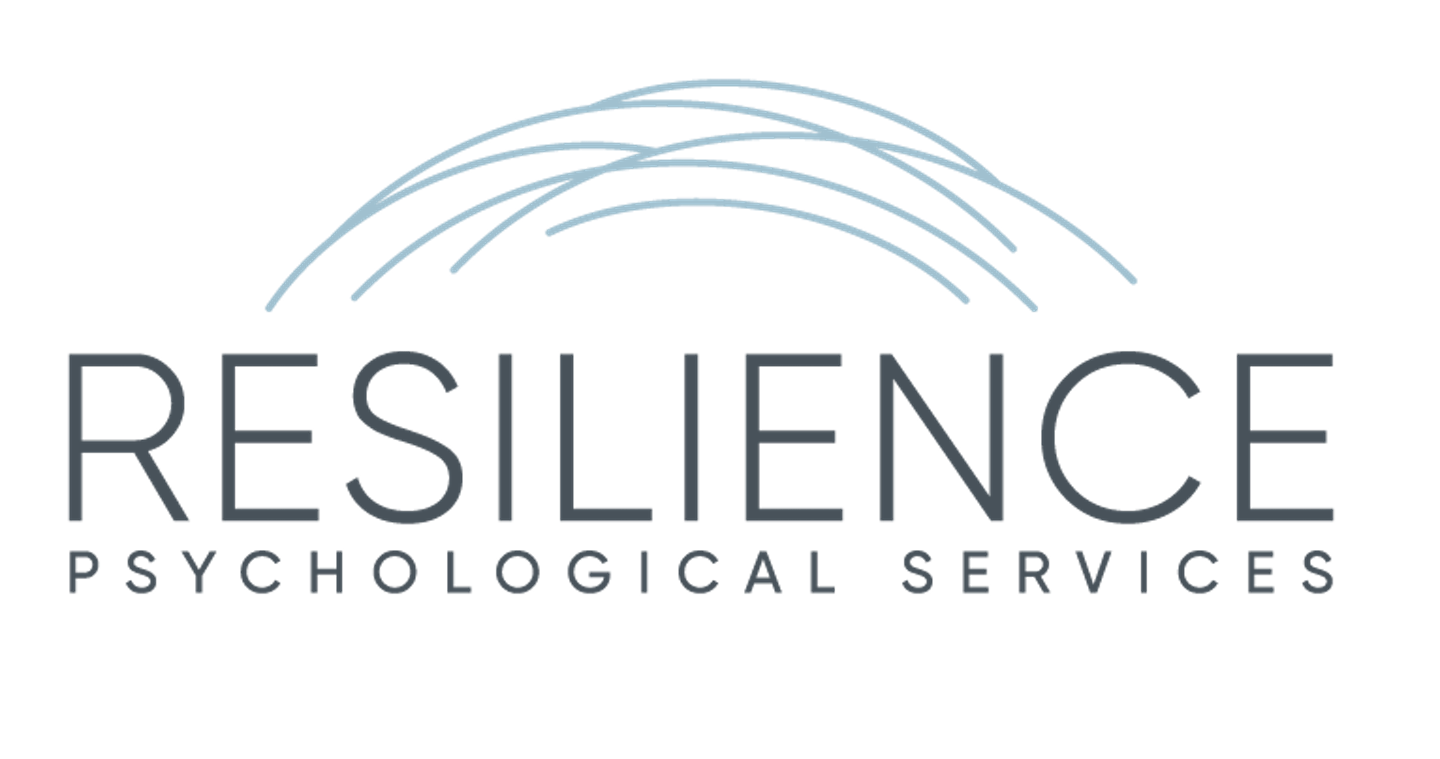Autism Spectrum
Autism is a neurodevelopmental variation that shapes how a person experiences and interacts with the world. People on the autism spectrum may process sensory information, experience social interactions, and engage in communication differently than neurotypical or allistic individuals. These differences are often pathologized in medical and psychological literature, but it is important to understand that autism is not a defect or something to be "cured." At Resilience, we view autism through a neurodiversity-affirming lens, recognizing it as a meaningful part of human diversity rather than a disorder to be "fixed."
Every autistic person is unique, with their own strengths, challenges, and ways of navigating the world. Some may have deep, passionate interests, rely on structure and routine, or experience heightened sensory sensitivity. Others may struggle with social communication, masking, or managing sensory overload in environments that do not accommodate neurodivergent needs.
Controversy and Stigma
Autistic individuals often face significant stigma and misunderstanding. Harmful myths portray autism as something to be pitied or a condition that makes connection and empathy impossible. In reality, autistic people are just as capable of forming deep, meaningful relationships as neurotypical people—they may simply communicate, express emotions, or relate to others in ways that differ from societal norms.
There is also a long history of harmful compliance-based treatments that aim to make autistic people appear neurotypical rather than respecting their natural ways of thinking and engaging with the world. Many autistic adults have spoken out about the harm caused by these approaches, advocating instead for acceptance, accommodations, and support that prioritize well-being and self-determination.
Autism is frequently underdiagnosed in women, nonbinary people, and people of color due to outdated stereotypes that assume a narrow, male-centric presentation of autism. Many autistic individuals do not receive a diagnosis until adulthood, leaving them without the support and validation they needed earlier in life.
At Resilience, we reject pathologizing views of autism. We recognize the importance of affirming autistic identity, honoring neurodivergent needs, and helping autistic individuals navigate a world that is not always built with them in mind.
How We Can Help
We offer neurodiversity-affirming, trauma-informed therapy for autistic individuals, whether formally diagnosed or self-identified. Rather than attempting to "correct" autistic traits, we focus on supporting each client’s well-being, self-understanding, and authentic self-expression.
Some areas we may explore in sessions include:
Unmasking and embracing one’s autistic identity
Navigating sensory sensitivities and overwhelm
Setting boundaries and advocating for needs
Understanding and processing emotions in a way that feels natural
Exploring relationships, communication, and social dynamics without pressure to conform
Managing burnout, executive functioning challenges, and self-care
Healing from trauma, including trauma from past invalidation or forced masking
We believe that autism is not a deficit. It is a different and valuable way of experiencing the world. We are committed to providing a supportive space where autistic individuals can explore their identities, build self-compassion, and develop tools for thriving in a neurotypical-dominated society without compromising who they are.
If you are looking for affirming, compassionate therapy, we invite you to reach out for a free consultation.
Common Experiences
Autistic individuals experience the world in diverse ways, and no two autistic people are exactly alike. However, some common traits and experiences include:
Social and Communication Differences
Difficulty navigating unspoken social rules and expectations
Difficulty understanding or using nonverbal cues
Engaging in "masking," which can be exhausting
Feeling exhausted or anxious after socializing
Needing extra time to process social interactions or responses
Preferring deep, meaningful conversations over small talk
Taking things very literally or struggling with sarcasm
Sensory Sensitivities
Difficulty with certain sounds, textures, or other sensory inputs
Feeling overwhelmed in crowded or noisy spaces
Heightened sensitivity to sounds, lights, textures, or smells
Seeking out or avoiding certain sensory experiences
Cognitive and Processing Differences
A tendency to notice small details that others overlook
Deep, passionate interests in specific topics or "special interests"
Differences in executive functioning
Distress when plans change unexpectedly
Hyperfocusing on certain tasks or subjects
Struggling with task-switching o transitions
Strong preference for routine and predictability
Emotional Regulation and Expression
Experiencing meltdowns or shutdowns when overwhelmed
Intense emotional responses that may feel overwhelming
Difficulty identifying or expressing emotions in conventional ways
Struggling with interoception or proprioception
Identity and Lived Experience
A strong sense of justice and fairness
Autistic burnout from prolonged masking and/or sensory overload
Difficulty with self-advocacy or asserting needs
Feeling "different" from an early age without knowing why
Feeling disconnected from neurotypical or allistic social expectations
These experiences can be both strengths and challenges, depending on the environment and support available. At Resilience, we work with autistic individuals to build self-understanding, embrace their identities, and navigate the world in ways that honor their needs and strengths.


